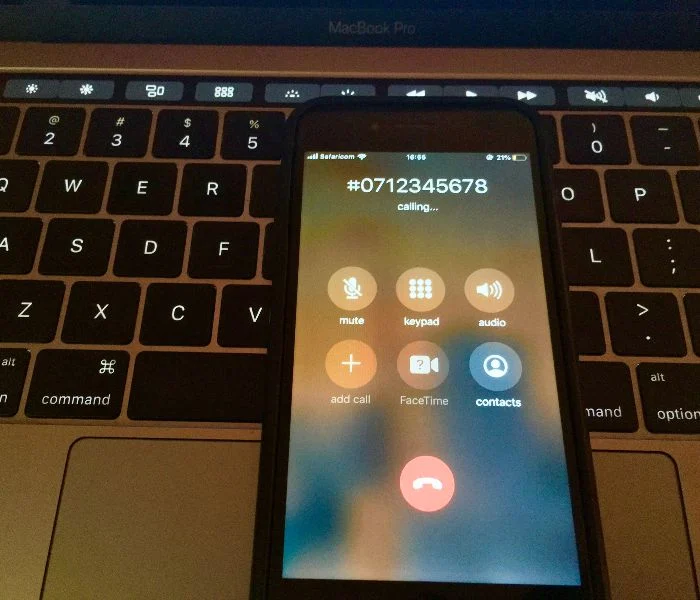
Safaricom PLC, Kenya’s leading telecommunications provider, recently revealed significant updates to its Reverse call service. This feature, introduced in 2019, has been essential for many subscribers. Reverse calling allows users to initiate calls with the recipient covering the cost. While the service itself remains operational, it will now come with a new restriction. Subscribers will be entitled to only two free reverse calls daily.

Under the new update, The call initiator will incur no other costs beyond the Ksh 0.50 for the 3rd call of the day. The first two reverse calls each day will remain free. However, any subsequent calls will result in charges, provided that the recipient agrees to the reverse call. In response to the many inquiries on X, Safaricom has reassured users that the reverse call service is still operational. However, from now on, initiators will only be charged if the recipient approves the third call request made in a single day.
“The reverse call service is still available. Please note that the initiator of the reverse call will only be billed on the third reverse call request of the day when the sponsor accepts the request.”

Between April 2021 and October 2023, the volume of reverse calls on Safaricom’s network saw a dramatic rise. According to the company’s statistics, the tally of Clients nearly doubled from 73 million to 130 million. This substantial increase highlights the growing dependence on the reverse call service among users, reflecting its crucial role in communication for many subscribers.

Introduced in 2019, The Reverse Call was aimed at allowing customer to make a call with or without airtime and the receiver of the call pays on the caller’s behalf. The reverse call service is exclusively available to subscribers within the Safaricom network. For the call to be successfully completed, the recipient must have sufficient airtime. Furthermore, the service is restricted to local calls only; consequently, it cannot be used for international calls. This limitation ensures that the service remains focused on enhancing domestic communication.
